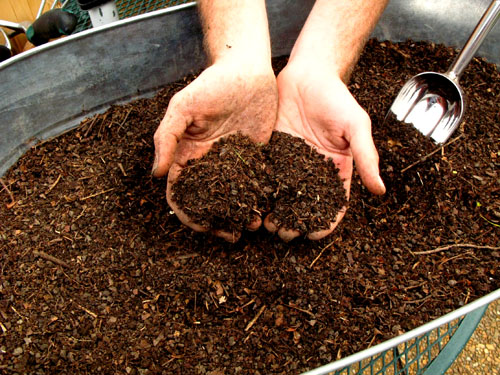Waste management is often the most overlooked process in homes. Most homeowners in urban areas typically rely on rubbish removal services because of the convenience they bring.
Sustainable waste management is everyone’s responsibility. As the human population rapidly grows, the consumption of various goods increases, producing more waste. Although some organizations and government institutions develop solutions, they still require active individual participation.
Here are some solutions to sustainable waste management every homeowner should know:
1. Intentional Waste Reduction
Most types of waste are produced and, therefore, can be reduced. These are plastic bags, food packaging, packets, straws, and other disposable items. These usually end up in rivers and oceans, harming marine life.
Waste reduction should start in every home. A simple change everyone can make is buying unpacked items and goods in biodegradable packaging. For instance, you may purchase fruits and vegetables in your local farmer’s market. Doing so will lessen the use of plastic compared to purchasing peeled and sliced ones in supermarkets.
Another home essential you can replace with an eco-friendly option is food wraps. Instead of single-use cling wraps, you may use beeswax wrap as an alternative. You can wash and reuse it until it wears out, then it’s compostable.
For unavoidable nonbiodegradable waste, create a proper segregation bin for collection. If you want to dig deeper into efficient waste collection systems, you can get the facts here.
2. Composting
Composting is a traditional yet effective way of managing biodegradable and food waste. Its byproduct can serve as fertilizer for your garden.
Learning different types of composting will help you determine which works for you. Not everyone has large backyards for a compost pit. However, some alternatives like a covered compost bin prevent bug and pest infestation.
Managing food waste at home is highly beneficial to reducing rubbish ending up in landfills. You can also reap the benefits of self-sustainability when growing vegetables and fruit trees in your garden.
3. Biogas Digester
Another way to deal with biodegradable waste is using a biogas digester. It provides an efficient composting solution that takes sustainability to a different level.
A biogas digester decomposes organic matter like biodegradable waste and food scraps into biogas through anaerobic digestion. The methane gas it produces by the end of the process can fuel a stove cooktop.
Setting up a biogas digester in your backyard can solve many problems. Aside from being a sustainable waste management tool, it also helps reduce the amount of methane gas released into the atmosphere. Instead of letting organic waste decompose in landfills, you can use them for growing and cooking food.
4. Recycling And Repurposing
Nonbiodegradable waste is more challenging to dispose of sustainably. Home items like appliances and gadgets usually end up in scrapyards. Although environmental institutions are taking action to repurpose them, the amount of waste the world produces every day makes it more challenging.
You can start recycling and repurposing at home. You can find some easy DIY projects using recycled materials like plastic and glass bottles. When you recycle, you’re giving these items a new purpose while helping the environment.
However, recycling isn’t limited to small items. Some tiny house DIY-ers often use reclaimed materials to save construction costs. These may include windows, doors, sinks, and even floor planks. Repurposing is a wise solution for tiny living as it is rooted in reducing a home’s carbon footprint.
5. Hiring Bin Collection
Hiring bin collection should be every homeowner’s last resort for managing waste. Only a few rubbish removal services practice sustainable waste collection, so you have to be mindful of hiring one.
Some garbage collectors practicing eco-friendly waste management bring their collections to different recycling plants. Unfortunately, the rest usually take a shortcut by simply dumping the rubbish in landfills.
When hiring bin collection services, know where they’re dumping the waste. It’s also best to hire one near your area, so they don’t have to consume more fuel to get to your house. Looking at sustainable waste management from a broader perspective makes it efficient and in keeping with the goal.
Also Read: Rubbish Removal in Sydney – What to Expect?
6. Greywater Filter
Wastewater is often overlooked when tackling sustainable waste management. For some, it’s easy to take clean water consumption for granted in locations with abundant water sources. However, water conservation should be everyone’s priority because we have no idea when its supply will remain unlimited.
Installing a greywater system in your household can help save the environment and your budget. The water coming from your shower, sink, and laundry can be collected and filtered through a system. Then, you can reuse it for watering plants.
Furthermore, you may install a more complex water filtration system to purify greywater for home use. Some new technology allows the reuse of filtered and purified grey water for laundry and showers. You may also collect and filter rainwater as another sustainable water conservation option.
Conclusion
Sustainable waste management is one of the best solutions to lessen the effect of climate change. This responsible act can help you live with a purpose—to help save the earth for you and the future generations.








